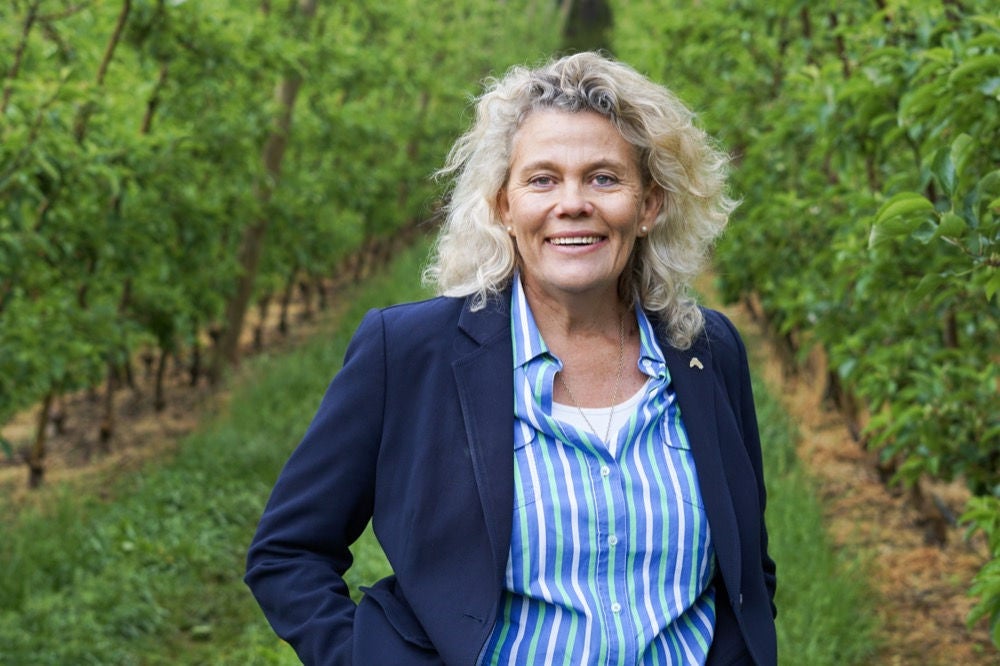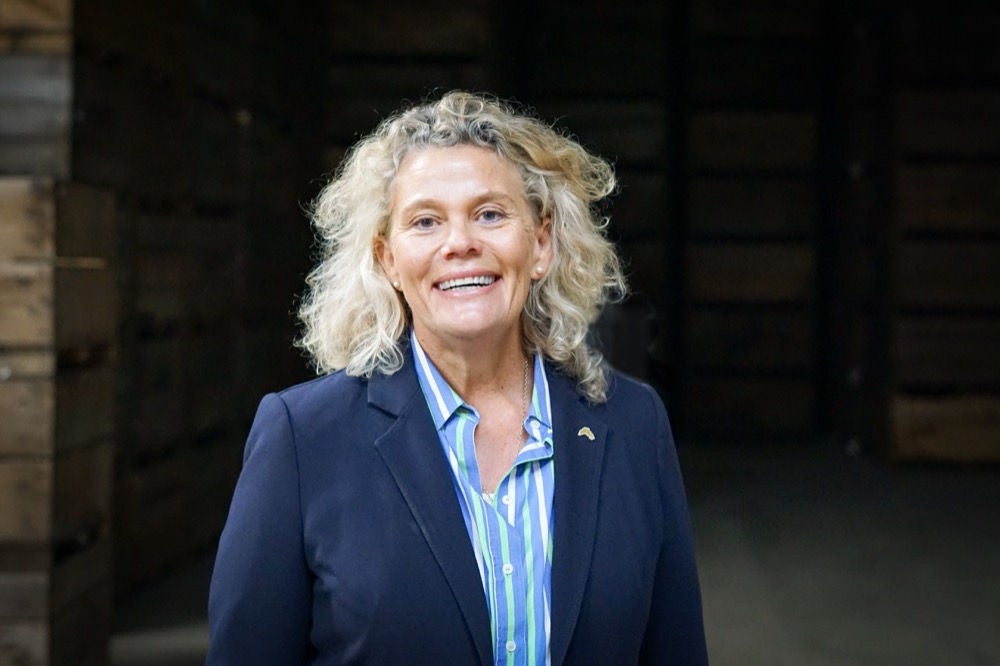Posted by on
09/10/2020
While COVID-19 has caused global disruption and angst, it’s also presented rural and regional Australia with an opportunity to shine.
And according to National Farmers Federation President Fiona Simson, it will be contemporary rural women who take the lead in showcasing and adding value to our unique lifestyle and communities.
Undoubtedly one of Australia’s most recognised female leaders, Fiona believes the time is right for rural Australia to capture opportunities through agri-tourism, employment and ultimately manufacturing and infrastructure.
“There are so many city-based people who are taking a regional road trip rather than jumping on a plane overseas – and whether it’s a picnic on the creek, beautiful old homestead, starry night or an open sunset – city people are fascinated, we have their attention,” she said.
Campaigns such as ‘Stay in the Bush’ – and the subsequent quality boutique accommodation market emerging across Australia, has been led largely by rural women, and Fiona believes women will make even greater future in-roads bridging the rural/urban divide.
“It’s NFF's vision for agriculture to be a $100 billion industry by 2030, and to do this we can’t simply keep doing more of the same thing – we need to value-add, and there are some fantastic initiatives lead by clever, entrepreneurial women firmly equipped to steer the industry into the future.”
Whether it’s chickpeas dried and packaged into quality snacks, or fresh vegetables packed on-farm and delivered direct to the consumer, or transported from regional developments such as Wellcamp Airport in Toowoomba – Fiona said capturing value higher up the supply chain presented opportunities for farmers, and communities.
“It’s time for agriculture to seize the day – and women will be integral in this new, modern direction for the sector.”
As former president of NSW Farmers and national president for the past four years, Fiona is the first female ever to hold the position.
While ‘humbled and extremely proud’ to be the first female president of the NFF, she said this wasn’t what provoked her – it was passion, rather than an ambition, that led her on her leadership pathway.
“I became interested in advocacy when local land use issues arose across our Liverpool Plains communities,” she said. “I began looking into policies and recognised a need for good, effective policy and advocacy – which was the start of this amazing journey that I never would have envisaged.”
“It wasn’t a big deal for me to be the first female leader, I just knew it was the right role for me to use the skills that I had.”
She did, however, perhaps underestimate the impact her leadership would have on other women in the industry.
“Now I’m in the role and talking to other women in agriculture, I believe it’s so important that we do have visible women in leadership roles to encourage other female leaders – otherwise it’s the old case of ‘you can’t be what you can’t see’.

Admitting that female mentors were ‘light on the ground’ when she began her advocacy work – she was the only female board member at NSW Farmers and NFF – Fiona is grateful for a strong network of men who supported her and propelled her onto her current trajectory.
“Now I feel supported by a large network of both men, and women, and I see more and more rural women actively juggling leadership roles in the community and industry, and finding their networks and mentors earlier in their careers – which makes a huge difference.”
Whilst inspiring women simply through her visibility in the industry, Fiona has also been instrumental in providing female leaders with the platform to build these networks, thanks to the Diversity in Ag Leadership Program (DiALP).
A mentoring opportunity designed for aspiring female leaders with a passion for agriculture, the program matches successful applicants with a mentor and is supported by leading agriculture-focused organisations who have joined with the NFF, in committing to make meaningful change towards gender diversity within the leadership ranks of their industry.
“There were a multitude of leadership programs, however they weren’t really translating into women on the ground – females are still poorly represented in agricultural leadership roles, at two per cent compared to a national average of 17 per cent,” Fiona said.
The program targets women who are job ready with the leadership skills needed to take the next step, and Fiona is thrilled that all the participants of the first two stages of the course have now taken on leadership and board roles.
Commercial company partners committed to gender equality are also connected with those companies at the start of their journey, with the number of companies committed to increase diversity and ‘moving the dial’ also growing.
“I’m very excited by what this program is achieving, we have an engaged alumni, engaged community and engaged corporate partners that will no doubt result in more women in CEO and leadership roles.”
However, passion, Fiona believed, was key for leadership success.
“I’ve seen incredibly skilled, educated women start on boards but not succeed – yet if the drive comes from a genuine passion and desire for change, the job will find you.”
Strong family support was also vital, and while she laughed that her commitments had no doubt ‘worn thin’ at times, she was very grateful to her husband and family.
With her son and daughter-in-law now taking over the family’s Premer district property, much of Fiona’s farm business responsibility has been handed over.
The automation of a large percentage of office administrative tasks in recent years had eased her personal juggle, and she believed represented even further opportunity for women to tap into other opportunities.
“Technology is certainly freeing women up, and COVID-19 has shown us how much more is possible – I can chair a meeting from right here at home in Premer, people can log into their networks from the tractor – this societal shift will provide enormous opportunity for women to access myriad new roles.”
“The time is now for regional and rural Australian women, and I believe the next generation of women has all these opportunities firmly in their sights.”
And for that, rural and regional women largely have Fiona to thank.
